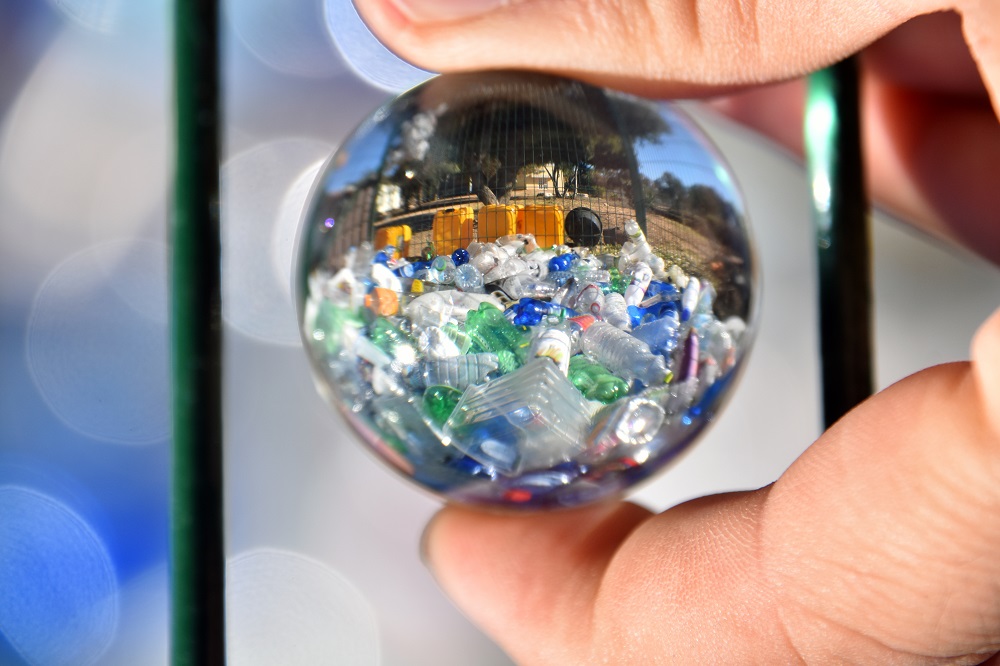In a recent webinar hosted by Antea Group, Peylina Chu, Executive Director of HPRC, lead a conversation with several HPRC members in the plastics recycling field to discuss advanced recycling, how it can help us effectively recycle and reuse more plastics, and how it works in tandem with mechanical recycling to get us closer to the goal of a more circular or closed-loop recycling system.
HPRC members speaking in the webinar include:
-
- Ron Rau | Procurement Director | Purecycle
- Robert Render | Business Development Manager, Sustainability | Ravago
- Andy Brewer | Associate Director, Sustainability and Materials | PLASTICS Industry Association
- Jean Jordan | Senior Vice President, Supply Chain | Nexus Circular
Advanced Recycling: A Critical Tool for Achieving Plastics Circularity
Plastics have many benefits – they have proved to be one of the few materials that can adapt to the dynamic nature of global industries and consumerism, delivering benefits that include durability, safety, disease prevention, and cost-effectiveness – not to mention being extremely lightweight compared to glass and metal alternatives. But it’s important to address the unintended environmental consequences of plastics and the waste they create. So, how do we close the gap and recycle more plastic?
Advanced Recycling technologies complement traditional mechanical recycling processes, providing another avenue toward reducing reliance on virgin plastic feedstock made from fossil fuels and enabling a circular model where plastic materials can be recycled and reused indefinitely.
During this webinar, our experts cover a range of topics including:
-
- The different methods of Advanced Recycling technologies, including purification, decomposition, and conversion
- How advanced recycling is a complimentary solution to traditional mechanical recycling
- Common myths and realities associated with Advanced Recycling
- How Advanced Recycling can help support plastic waste reduction and circularity goals
Solutions to the Plastic Waste Problem
Advanced recycling is defined by Closed Loop Partners as the process of using solvents, enzymes, heat, and / or sound waves to purify or break down plastic waste for recycling. Under the umbrella term of advanced recycling, there are a range of technologies, including purification, decomposition and conversion that seek to repurpose complex plastic waste streams into valuable materials which can be used in new products and packaging. Advanced recycling technologies are emerging as a potential solution for difficult-to-recycle plastics that can’t be processed by mechanical recycling.
Mechanical recycling is the traditional type of recycling you think of that has been around for decades and involves physical processes of sorting, grinding, washing, separating, drying, re-granulating, and compounding. Mechanical recycling has a low tolerance for contamination from undesired resins and foreign materials meaning that difficult-to-recycle materials are being sent to landfill, possibly incinerated, or lost to the environment.
To adequately address the plastic waste problem, both mechanical and advanced recycling are necessary. Plastic waste can’t be solved by one single solution, sector, technology, or approach. A multi-prong approach is the key to tackling this waste challenge.
The ideal system would be a circular system for plastics. That requires consciously designing systems and products to use fewer materials from the outset, while keeping existing materials in circulation at their highest value for as many generations as possible – if not infinitely. The key to taking steps toward this circular system involves using both mechanical and advanced recycling.

